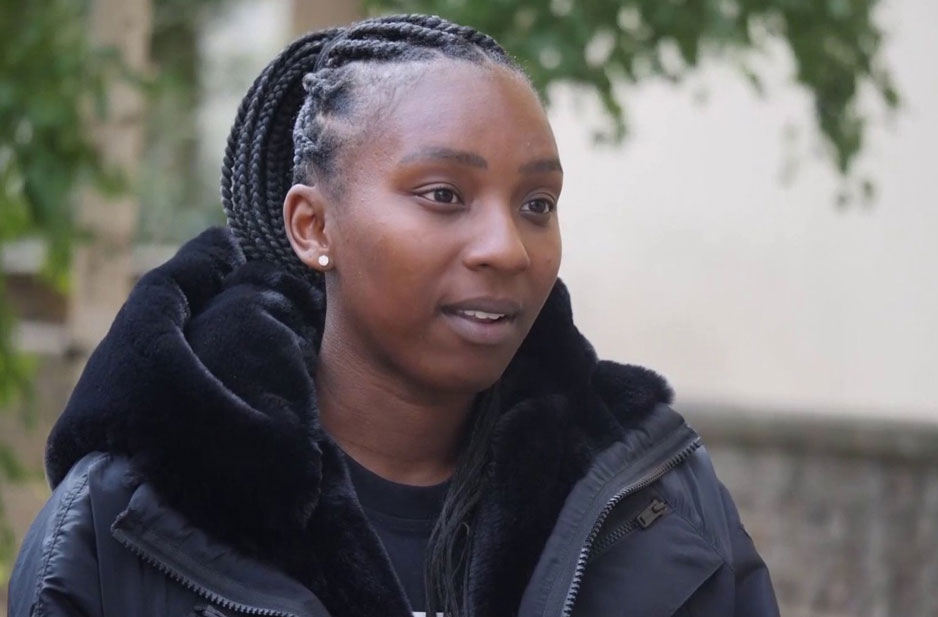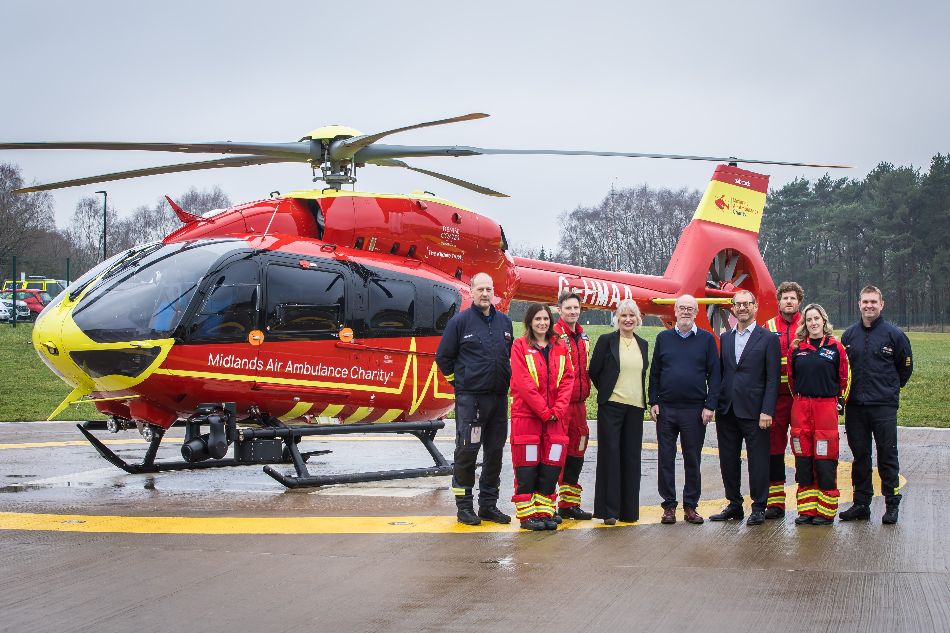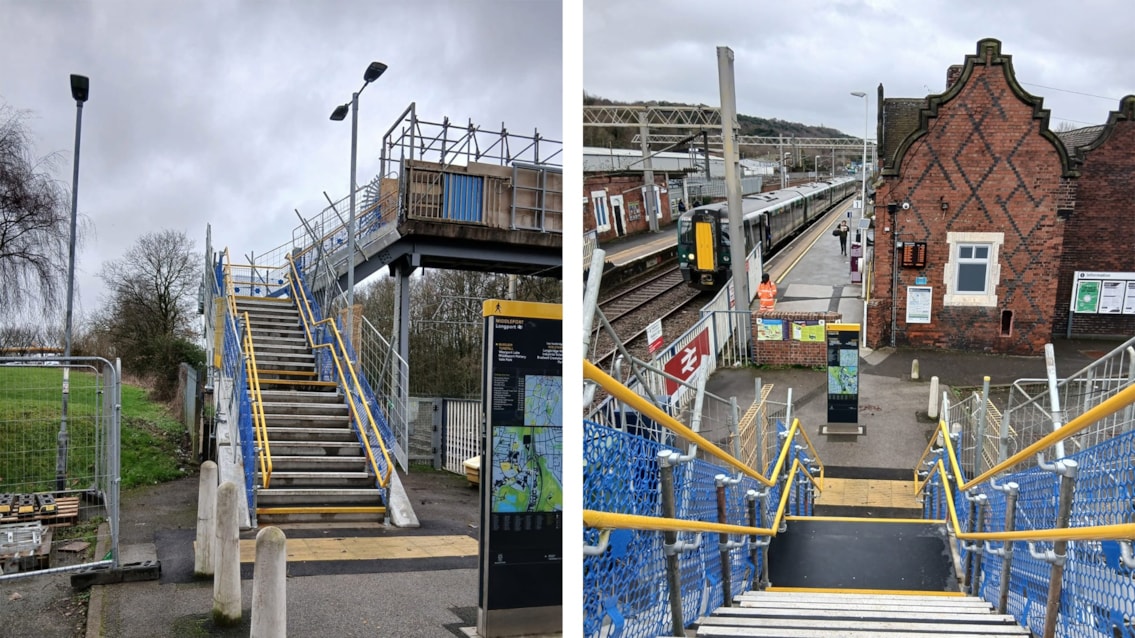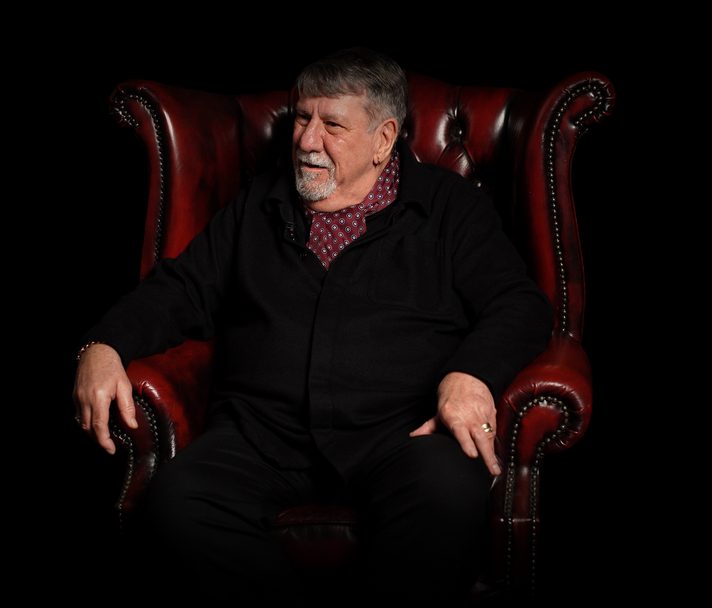Team GB sprinter Bianca Williams has received an apology from the Met Police after she and her partner were pulled over in their car in a stop-and-search. Ms Williams's three-month-old son was also in the car when it was stopped in Maida Vale.
Met Commissioner Dame Cressida Dick told a committee of MPs officers had visited Ms Williams to apologise for "distress" caused by the stop. The force has also launched a review of its handcuffing practices, she added.
Footage of the stop-and-search has been shared widely on social media.
Ms Williams believes officers racially profiled her and her partner Ricardo dos Santos, a Portuguese international 400m runner, because they are Black and were driving a Mercedes. They say police handcuffed them while their son was in the car.
Despite two reviews by the force's directorate of professional standards, Dame Cressida said the force had found no misconduct by its officers. However, because of the public interest in the case, the Met has referred itself to the Independent Office for Police Conduct (IOPC).
Earlier, Dame Cressida told the Home Affairs Select Committee: "We apologised yesterday to Ms Williams and I apologise again for the distress this stop clearly caused her.
"I think all of us watching could empathise with somebody who is stopped in a vehicle, who has a young child in the back, who does not probably know what exactly is going on, and is subsequently found, together with her partner, not to be carrying anything illicit."
Dame Cressida said she has asked a senior officer to review the Met's handcuffing practices to make sure it hasn't become a "default", and has set up an "oversight group" looking at the use of force.
"Every time we see a video that is of concern we review them, we see if there are any lessons to be learned," she told MPs.
In 2018-19, police officers in England and Wales used handcuffs just over 300,000 times.
Around 16% of those people cuffed were Black.
This means that, when we look at people who were handcuffed relative to their population in the 2011 Census, Black people were roughly six times more likely to be handcuffed than white people. Not all people who get arrested are handcuffed and not all handcuffed people get arrested.
However, the ratio of handcuffing to arrests shows a great discrepancy between Black and white people:
In 2018-19, 452,000 White people were arrested and 210,000 were handcuffed
Over the same period, 60,000 Black people were arrested and 49,000 were handcuffed
Ch Supt Karen Findlay, who is in charge of the Territorial Support Group which conducted the stop, and local area commander Helen Harper, also informed Ms Williams about the IOPC referral and the next steps in the process.
But Assistant Commissioner Helen Ball told the committee that there had been "good grounds" for the car to be stopped and at that point the officers involved did not know who was in it.
Nothing was found in the search, which the Met said was carried out by officers patrolling the Maida Vale area in response to an increase in violence involving weapons. The force also said the vehicle was seen driving suspiciously, including on the wrong side of the road, and that the driver sped off when asked to stop.
But this account was rejected by Ms Williams, who has said she is considering legal action against the Met.
"I feel very hurt by their actions, and to witness my partner being taken away and for me to be taken away from my son, my heart hurts," she said.

















